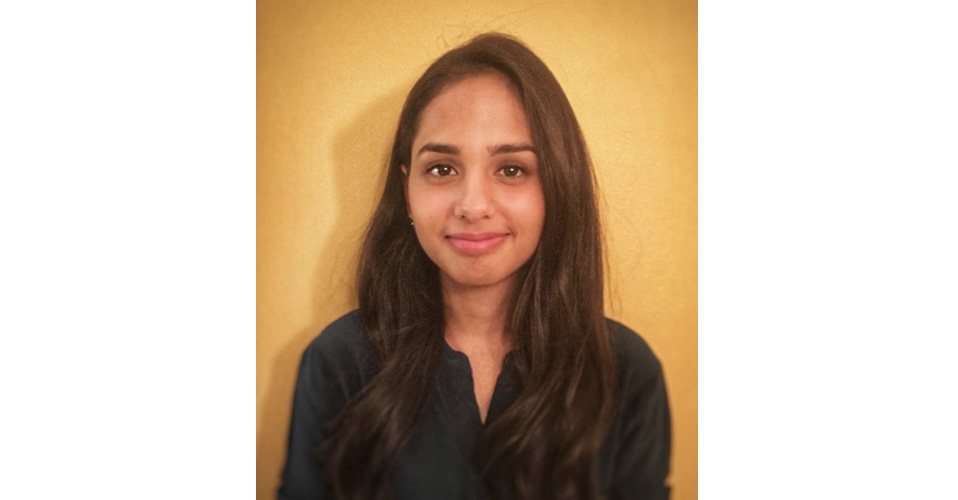Congratulations to Dr. Karishma Ramjee, a second year family medicine resident, on being awarded the Cass Family Grants for Catalyzing Access and Change, which inspires researchers to effect institutional change to benefit vulnerable and disadvantaged health care consumers.
Available through the University of Toronto, the $5,000 grant is being matched by SHN’s Department of Family and Community Medicine.
With SHN serving a culturally diverse population, many of our patients often have limited English-language skills, or none at all. Working in collaboration with her supervisor, Dr. Mruna Shah, Director of Global Health, Diversity and Health Equity, and Dr. Norman Chu, Chief of Emergency at SHN’s Birchmount and General hospitals, Dr. Ramjee will examine the parental comprehension of medical information following a paediatric acute care hospital visit.
Called Assessing the relationship between parental health literacy and comprehension of medical information following paediatric acute care hospital visits to improve healthcare communication, the study evaluates the extent to which patients or family members may have difficulty understanding the information provided by their health care professional.
“We are looking at if and how language barriers may negatively affect patient and/or family understanding of medical information, perhaps secondary to feelings of embarrassment or burdensomeness, and how this is linked with health literacy and socioeconomic factors.” said Dr. Ramjee.
Research suggests that the health care system favours patients who are able to engage actively in their care and with higher degrees of autonomy. To do this, individuals require health literacy which, among other skills, encompasses basic literacy and numeracy skills, language proficiency, and knowledge of health topics and vocabulary.
Dr. Ramjee hopes the research, which she is conducting at the General hospital and will focus on during the course of her residency, will produce simple measures that help predict which patients or families would benefit from targeted communication interventions. These may include using a teach-back technique with patients to confirm understanding, or providing written information and discharge instructions.
SHN is dedicated to improving population health and health equity, and transforming the patient experience through innovation, education, and research. When Dr. Ramjee graduates from the family medicine residency program, the research will be passed on to future family medicine residents to conduct the implementation and evaluation of the project

